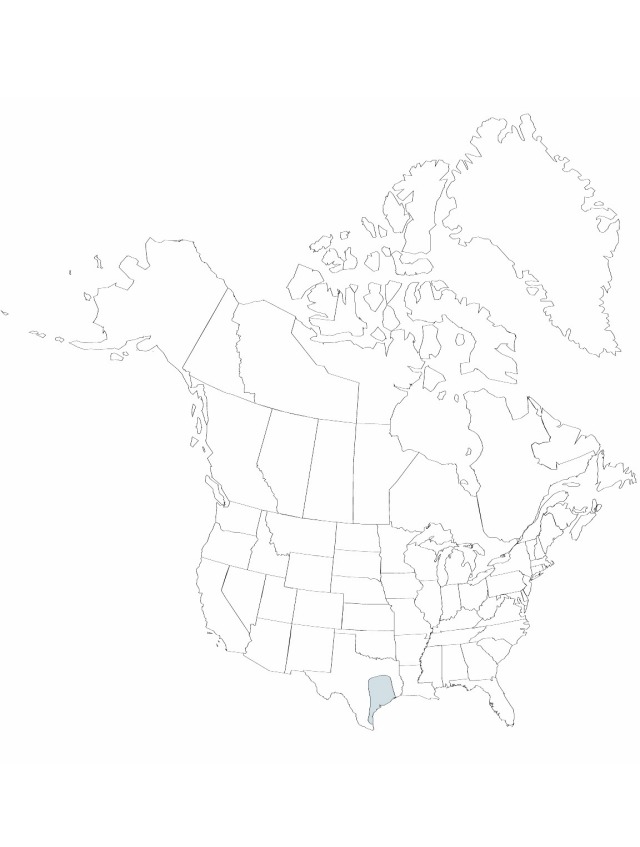Difference between revisions of "Tradescantia subacaulis"
Trans. Acad. Sci. St. Louis 14: 185. 1904.
imported>Volume Importer |
GeoffLevin (talk | contribs) m (Corrected accepted publication title to match printed version) |
||
| Line 3: | Line 3: | ||
|accepted_authority=Bush | |accepted_authority=Bush | ||
|publications={{Treatment/Publication | |publications={{Treatment/Publication | ||
| − | |place=14:185. 1904 | + | |title=Trans. Acad. Sci. St. Louis |
| + | |place=14: 185. 1904 | ||
|year=1904 | |year=1904 | ||
}} | }} | ||
| Line 43: | Line 44: | ||
|distribution=Tex. | |distribution=Tex. | ||
|reference=None | |reference=None | ||
| − | |publication title= | + | |publication title=Trans. Acad. Sci. St. Louis |
|publication year=1904 | |publication year=1904 | ||
|special status=Endemic | |special status=Endemic | ||
Latest revision as of 14:04, 14 March 2024
Herbs, erect or ascending, rarely rooting at nodes. Roots thick, brownish-tomentose. Stems spreading, diffusely branched, particularly at base, 10–30 cm, arachnoid-villous or rarely nearly glabrescent. Leaves relatively lax and flaccid; blade deep green, linear-lanceolate, 10–18 × 0.5–1.5 cm (distal leaf blades equal to or narrower than sheaths when sheaths opened, flattened), ± arachnoid-villous as on stems. Inflorescences terminal, solitary, often with axillary, pedunculate inflorescences from distal nodes; bracts foliaceous, similar to leaves in form, ± arachnoid-villous. Flowers violet-scented; distinctly pedicillate; pedicels 2–3 cm, puberulent or pilose with mixed glandular, eglandular hairs; sepals green or suffused with rose or purple, 7–8 mm, pubescent with mixture of glandular, eglandular hairs; petals distinct, bright blue, broadly ovate, not clawed, 13–14 mm; stamens free; filaments bearded. Capsules 5–6 mm. Seeds 2–3 mm; hilum as long as seed. 2n = 12.
Phenology: Flowering spring (Mar–Jun).
Habitat: Sandy soil
Discussion
Selected References
None.
